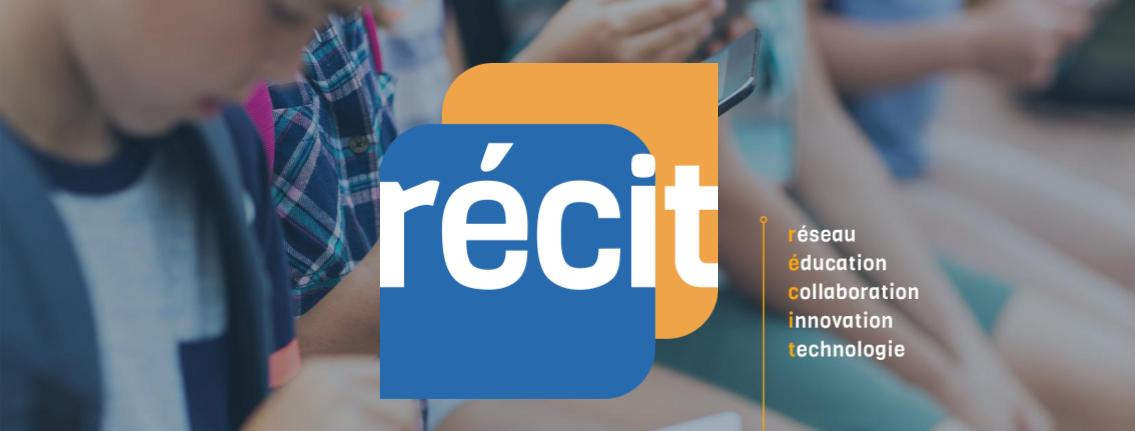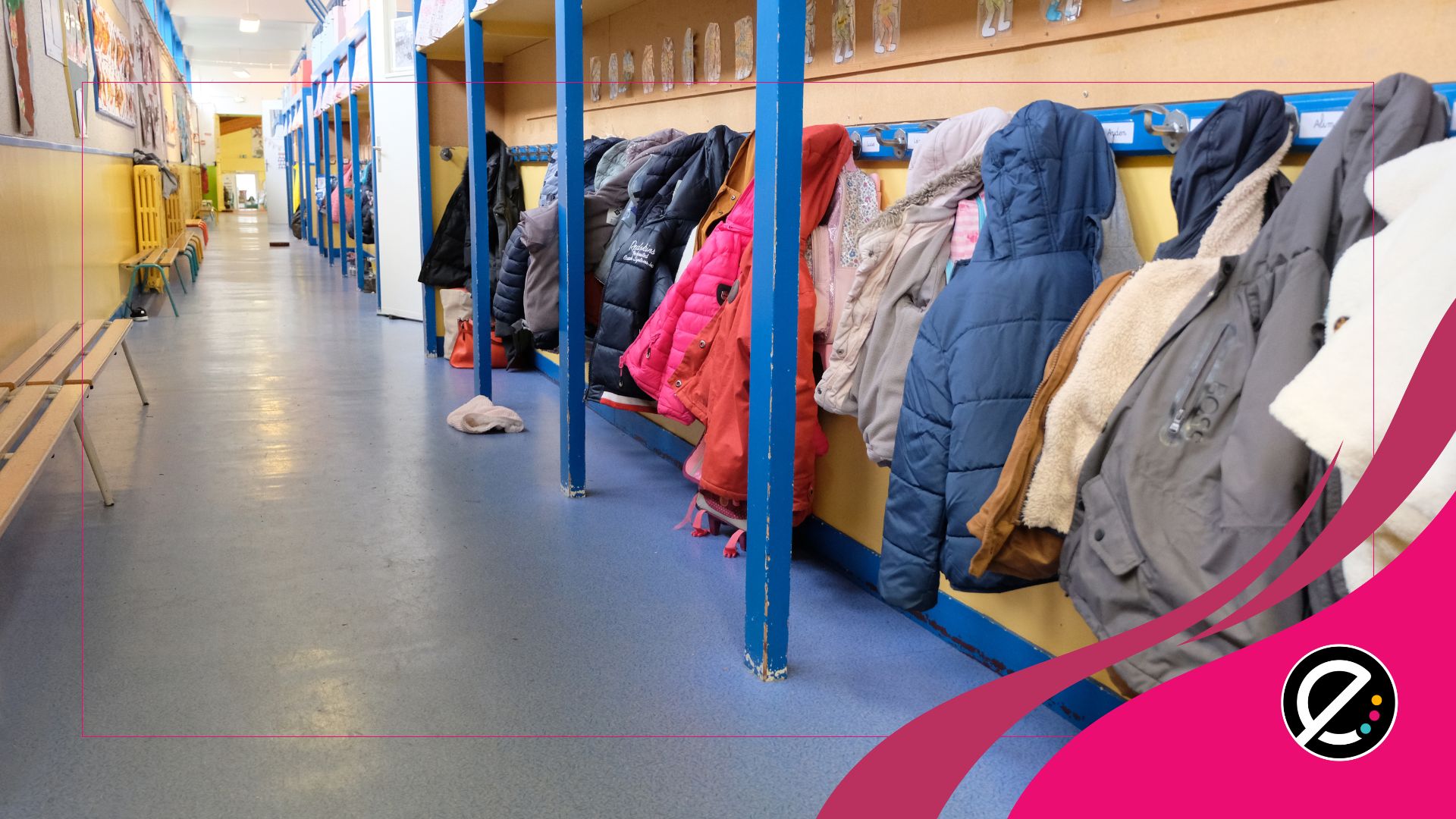Le ministère de l’Éducation du Québec (MEQ) invite les centres de services scolaires à mettre en place des projets afin de poursuivre l’expérimentation de l’enseignement à distance dans différents contextes. Les établissements scolaires pourront proposer des projets tout au long de l’année.
Au cours de la dernière année, l’enseignement à distance a été exceptionnellement autorisé par le gouvernement du Québec en raison des mesures d’urgence sanitaire en vigueur dans la province. Cependant, la Loi sur l’instruction publique (article 459.5.3) ne le permet pas en temps « normal ». Au moment d’écrire ces lignes, les mesures d’urgence sont encore en vigueur. Par contre, il est prévu qu’elles soient levées d’ici la rentrée de septembre prochain, puisqu’un retour en classe de tous les élèves est prévu.
La formation à distance, qui était déjà très présente en enseignement collégial et universitaire, a fait son chemin dans les écoles primaires et secondaires pendant la pandémie. Il s’agit maintenant d’une pratique que certains établissements pourraient vouloir poursuivre et mettre en place de façon plus pérenne.
Elle peut notamment être utile pour des élèves qui ont des problèmes de santé chronique, qui sont en convalescence à la maison pour de longues périodes, pour les élèves-athlètes qui doivent s’absenter fréquemment de l’école, etc. Elle peut aussi permettre à des écoles d’offrir une diversité de choix de cours à leurs élèves ou d’expérimenter des nouvelles pratiques pédagogiques collaboratives.
Afin de permettre aux centres de services scolaires qui le désirent de continuer d’offrir de la formation à distance dans certains contextes, le MEQ invite à soumettre des projets-pilotes. Ceux-ci pourront se dérouler entre 2021 et 2024. Ils pourraient ensuite être prolongés de deux ans.
L’appel à projets innovants du MEQ s’accompagne d’une mesure budgétaire (50764) qui permet de financer l’acquisition des équipements technologiques et des logiciels nécessaires à la réalisation. La formation à l’utilisation du matériel ou à la mise en place de nouvelles pratiques sera quant à elle couverte par une autre mesure budgétaire déjà en place (la 15084).
Les projets soumis doivent répondre à certaines normes :
- L’élève se trouve à un autre endroit (complexe sportif, domicile, etc.) ou dans un autre établissement d’enseignement que l’enseignant qui offre le cours;
- L’enseignement prévu permet à l’élève de poursuivre ses apprentissages à distance et favorise sa réussite scolaire;
- Il est démontré que la modalité d’enseignement choisie répond aux besoins des élèves participants;
- Le personnel scolaire s’engage activement dans une démarche pour documenter le projet;
- Un rapport annuel d’expérimentation est transmis au MEQ;
- L’établissement offre lui-même la formation à distance;
- Le consentement express du personnel scolaire et de chaque élève ou de son parent, le cas échéant, doit être obtenu à moins d’une exception prévue par les mesures d’urgence sanitaire.
Une mesure découlant du plan d’action numérique (PAN)
Cette volonté d’expérimenter et d’innover en matière de formation à distance à la formation générale des jeunes était déjà présente au MEQ avant la pandémie. De fait, il s’agit de la Mesure 19 du Plan d’action numérique en éducation – Favoriser le déploiement de la formation à distance à l’enseignement primaire et secondaire.
C’est d’ailleurs dans ce contexte que le service national du RÉCIT en formation à distance (RÉCIT FAD) avait été créé en 2018, afin de soutenir la formation à distance à l’enseignement primaire et secondaire (au secteur des jeunes, à celui des adultes et à la formation professionnelle).
Depuis février 2021, sept centres de services scolaires expérimentaient déjà du matériel technologique facilitant l’enseignement à distance. Du matériel a aussi été déployé dans les écoles primaires et secondaires afin de permettre un enseignement dit commodal (à la fois pour des élèves en classe et à distance).
Pour en savoir plus sur l’appel de projets du MEQ, les écoles qui n’ont pas déjà reçu les formulaires sont invitées à écrire à l’adresse : projetfad@education.gouv.qc.ca
Le MEQ a aussi tenu un webinaire d’information le 28 mai dernier sur les approches pédagogiques en contexte d’enseignement à distance.






